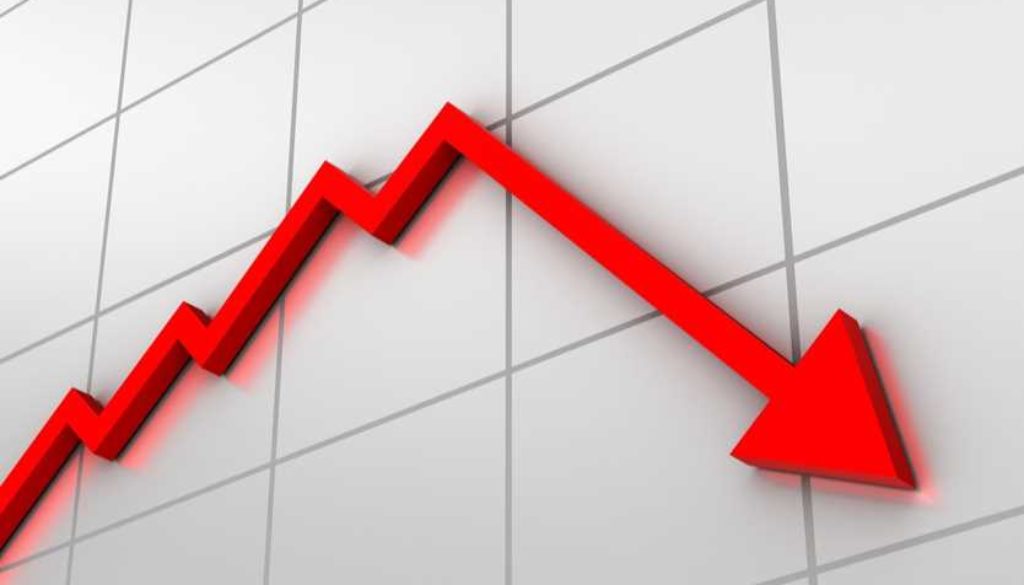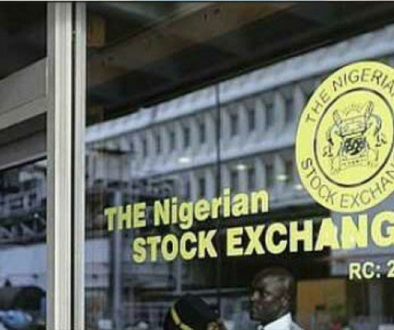These three companies are on course to deliver lower profits for FY2018, here’s why
The year 2018 was not the best of years for the stock market but the economy grew at its fastest pace since the recession in 2016 after real gross domestic product in 2018 expanded at 1.9 percent.
Companies like Zenith Bank and Dangote who have released their 2018 results have seen strong profit growth in the past year, however, BusinessDay has identified 3 companies who despite having a better business performance in 2018 than in 2017 are on course to still deliver lower profits when their full year results are released, and you will never guess why.
In 2017, companies like Seplat, Forte Oil and Presco had Uncle Sam to thank for their big profit after tax (PAT) figures. These three companies received combined tax credits from the government totaling around N83.7 billion, which helped boost their bottom-line figures significantly.
The highest tax credit was enjoyed by Seplat who received about N67.6 billion, which helped the company report full year PAT of N81.1 billion in 2017 after the oil exploration company had earned only N13.4 billion in profit before tax (PBT).
Based on projections using the 2018 Q3 report, analysts now expect that excluding any tax credit, the full year profit of the oil company will be around N36 billion, representing a profit decline of around 56 percent.
Don’t be fooled by the bottom-line numbers though, Seplat had one of its best years in 2018. Although net profit could decline, the company will deliver revenue growth of around 67 percent while PBT will jump around 444 percent, capping a fantastic year for the company after the oil price rebound has helped boost revenue and allowed the company pay down some of its debt.
A deferred tax asset is an asset on a company’s balance sheet that may be used to reduce taxable income. It is created when recorded income taxes payable are higher than the income taxes paid to the government.
Presco, one of Nigeria’s largest oil palm producing companies is expected to see its PAT decline to N7 billion in 2018 from N25.4 billion in 2017. Presco owes most of its profit in 2017 to the government after it received about N14.4 billion in tax credit, adding to its PBT of around N10.9 billion. The tax credit accounted for around 57 percent of PAT and 132 percent of PBT. Asides the tax credit, Presco’s profit was also lifted by revaluation gains of around N2.78 billion which analysts now expect that the revaluation gains and tax credits may not be available for pickup as it was last year.
Another oil company with a similar story is Forte Oil which has been in the news lately as its former owner is currently divesting away from the company. In 2017, Forte Oil received tax credit of around N1.6 billion, which helped the company deliver PAT of around N12.2 billion after the company reported N10.6 billion in PBT. This year, analysts project that the company’s full year 2018 PAT will be around N8.9 billion if Uncle Sam fails to extend a helping hand once again. Unlike Seplat, the company’s revenue and PBT is expected to be slightly lower in 2018 than it was in 2017 due to sluggish sales.
Dangote Cement another benefactor of tax credits in 2018 reported its highest profit ever in 2018 after it collected tax credit of around N89.5 billion when it secured its pioneer status last year. Analysts say the company may struggle to match its N390.3 billion PAT it achieved last year in 2019.




